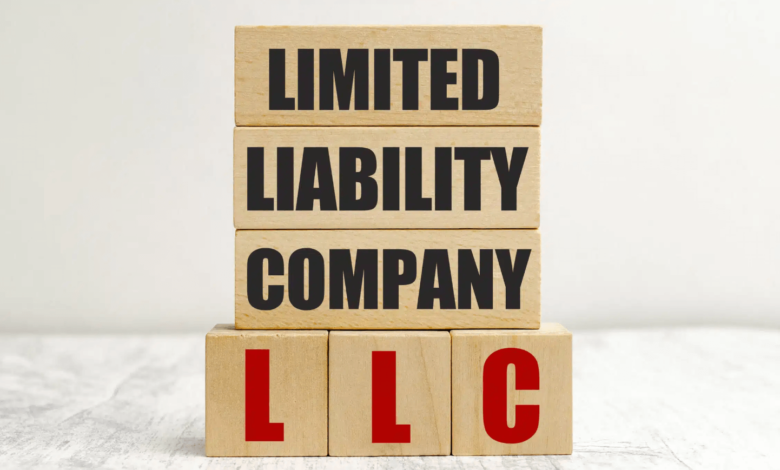
Starting and running a business often requires a significant amount of capital. Whether you’re launching a new venture or looking to expand your existing LLC (Limited Liability Company), securing the right financing is crucial. In this article, we will delve into the world of LLC business loan, exploring what they are, how to obtain them, and why they are essential for your company’s growth.
Understanding LLC Business Loan
What Is an LLC Business Loan?
An LLC business loan is a financial instrument specifically designed for Limited Liability Companies. It provides these businesses with access to capital, which can be used for various purposes, such as expansion, purchasing assets, or managing cash flow.
Types of LLC Loans
There are several types of LLC loans.
1. Term Loans
Term loans offer a lump sum of money upfront, which is repaid over a set term, usually with a fixed interest rate. They are ideal for long-term investments and large purchases.
2. Business Lines of Credit
A business line of credit functions like a revolving credit card. It’s a flexible option for managing short-term expenses.
3. Small Business Administration (SBA) Loans
Favorable terms and lower interest rates. They are suitable for startups and small businesses looking for affordable financing options.
4. Equipment Financing
This type of loan is specifically designed to help you purchase equipment for your LLC. The equipment itself often serves as collateral, making it easier to qualify for financing.
The Benefits of LLC Business Loan
Securing an LLC loan can provide your company with a range of benefits:
1. Business Growth
LLC loans can fuel your company’s growth by providing the necessary funds for expansion, marketing, and hiring new employees.
2. Financial Stability
Having access to financing can help your LLC navigate through rough financial periods, ensuring the business’s stability.
3. Asset Acquisition
With the right loan, you can acquire essential assets, such as machinery, technology, or real estate, which can enhance your company’s operations.
4. Improved Cash Flow
Fluctuations, ensuring you have the funds available when needed.
How to Obtain an LLC Business Loan
Getting a business loan involves several steps:
1. Assess Your Needs
Determine how much capital you require and what you intend to use it for. This will guide your choice of loan type.
2. Check Your Credit
Most lenders will evaluate your credit history.
3. Research Lenders
Explore different lenders, such as banks, credit unions, and online lenders, to find the best terms and interest rates.
4. Gather Documentation
Prepare financial documents, including your business plan, and income.
5. Apply for the Loan
Submit your loan application to the chosen lender and await their decision. Read more…
Conclusion
In the dynamic business world, having access to capital is essential for growth and sustainability. LLC business loans offer a lifeline for companies looking to expand, invest, and thrive. By understanding the various loan options, assessing your needs, and following the application process diligently, you can secure the financing your LLC needs to succeed.
FAQs
1. Can I get an LLC loan with bad credit?
While it’s more challenging, it’s not impossible. Some lenders offer loans specifically designed for businesses with less-than-perfect credit.
2. What is the typical repayment term for a business loan?
Repayment terms vary but can range from a few months for short-term loans to several years for term loans.
3. Are SBA loans the best option for startups?
SBA loans can be an excellent choice for startups due to their favorable terms, but eligibility criteria can be strict.
4. How quickly can I get approved for a business loan?
Approval times vary depending on the lender and the complexity of your application. Some online lenders offer fast approval, while traditional banks may take longer.
5. Can I use a business loan for personal expenses?
No, business loans should be used exclusively for business-related expenses and investments.




